Eczema Treatment in Malaysia
Dr. K & Associates Clinic provides personalised eczema treatment in Kuala Lumpur and Selangor, Malaysia. Our expertise in skin health and evidence-based therapies enable us to treat even the most severe cases of eczema effectively.
Your Skin, Your Care:
Customised Eczema Treatment Plans
A skin condition like eczema is a common reason patients seek medical care from their general practitioner (GP). By having GPs with additional expertise in dermatology, like our doctors, clinics can manage 90% of dermatological cases, reducing unnecessary referrals and more, including:
- Enhanced convenience
- Prompt treatment
- Cost savings
At Dr. K & Associates Clinic, we provide personalised eczema treatment to patients in Kuala Lumpur and Selangor, Malaysia, that takes into account important factors such as a patient’s age, medical history, and genetic makeup.
Our approach combines extensive knowledge of skin health and evidence-based therapies, along with state-of-the-art techniques and medications, enabling us to treat even the most severe eczema cases effectively.
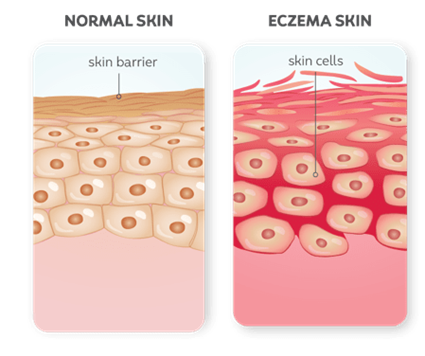
What is Eczema?
Eczema is sometimes called atopic dermatitis, which is the most common type or form of eczema. The term “atopic” is related to allergies. According to the Dermatological Society of Malaysia, over 20% of Malaysian children are affected by eczema.
Essentially, eczema is a chronic skin disease caused by an overactive immune response. When triggered, it causes inflammation, leading to skin symptoms like itchiness, redness, and dryness. It is important to note that with eczema, inflammation can still occur beneath the skin’s surface, even if visible symptoms cannot be seen.
Types of Eczema
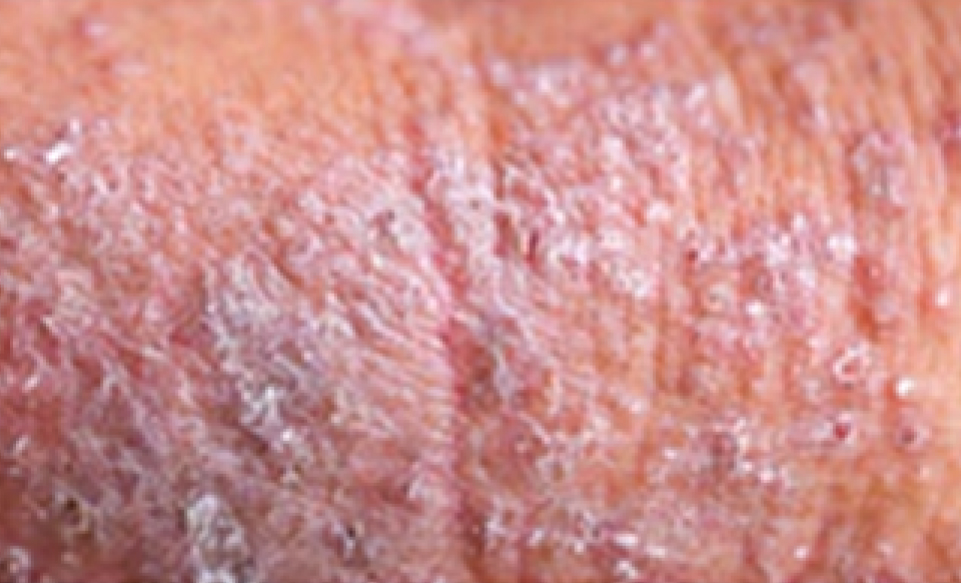
Atopic Dermatitis
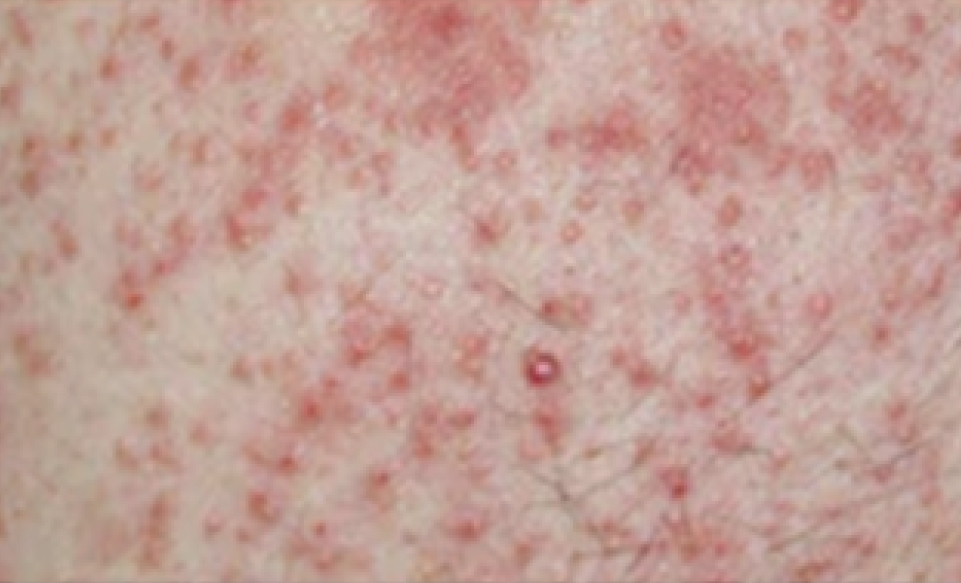
Contact Dermatitis
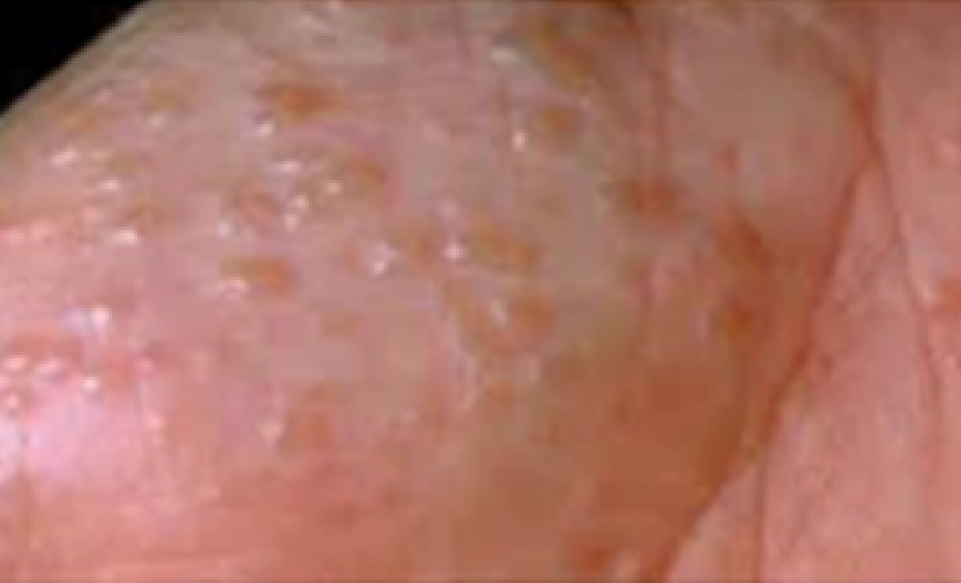
Dyshidrotic Eczema
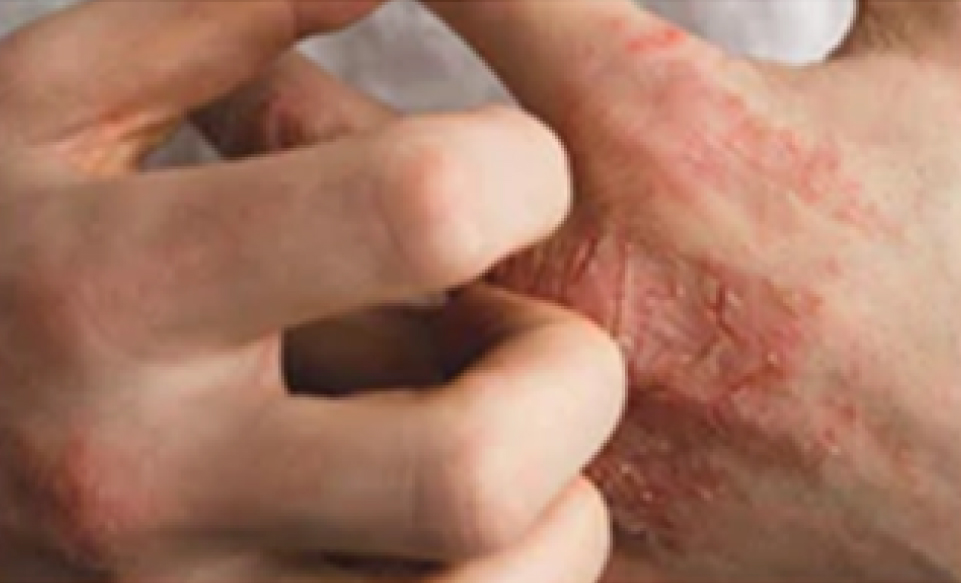
Hand Eczema
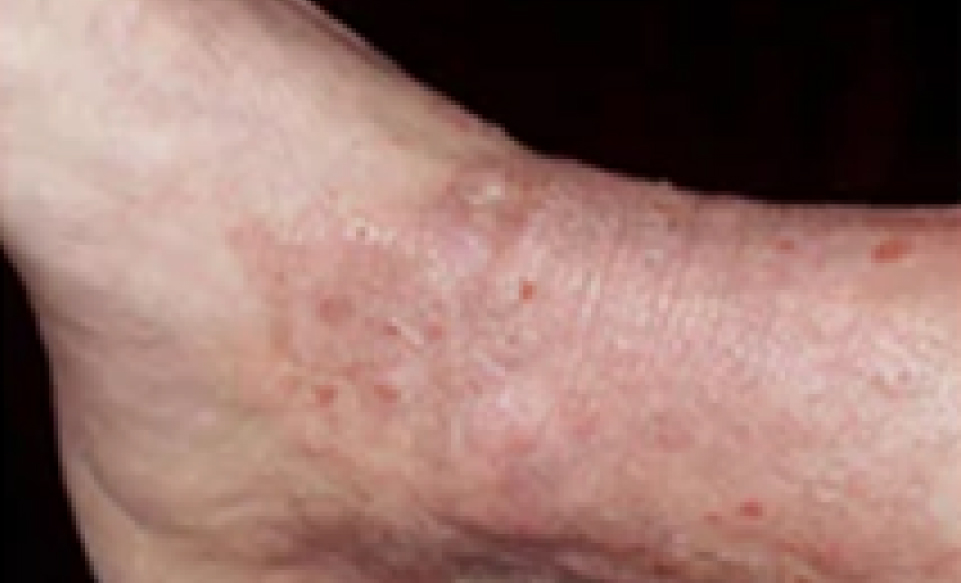
Neurodermatitis
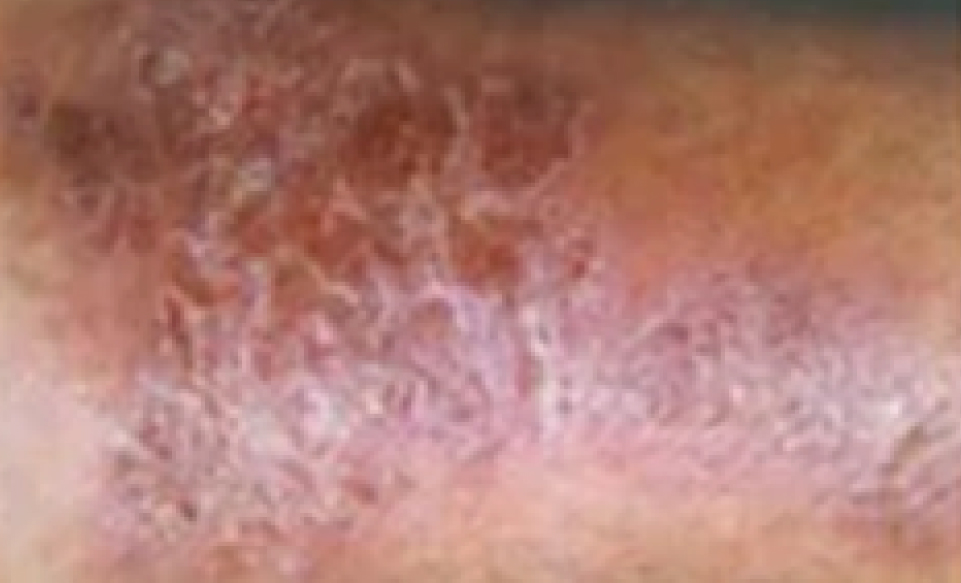
Stasis Dermatitis
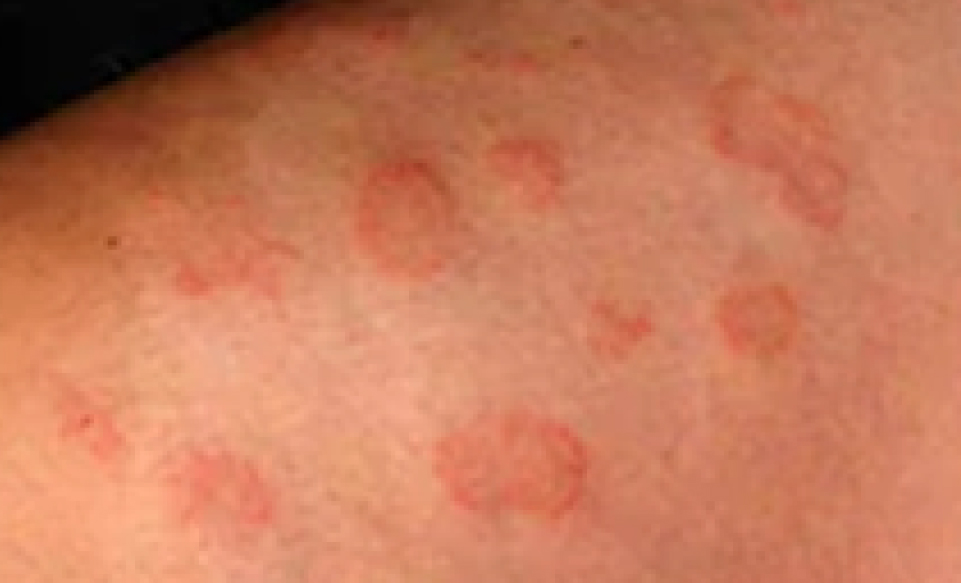
Nummular Eczema
Types
of Eczema
The most prevalent form of eczema, atopic dermatitis, is characterised by multiple symptoms, including dry skin, intense night-time itching, and the appearance of red-brown patches on the skin.
This form of eczema develops when there is repeated exposure to a particular substance, resulting in an allergic reaction.
Patients with this type of eczema commonly experience itchy blisters on the soles of their feet, the sides of their fingers, toes, and palms. These blisters are typically filled with fluid and can last around two to four weeks.
Like atopic dermatitis, this type of eczema causes thick, scaly patches to form on the affected area. It can manifest on various body parts, including the arms, legs, scalp, and genitals.
This particular type of eczema causes coin-shaped spots to form on the affected area. It is typically triggered by reactions to burns, abrasions, or insect bites.
Hand eczema occurs when the skin on the hands is cracked and inflamed due to contact with substances like rubber chemicals, detergents, or hard water.
Stasis dermatitis commonly emerges on the lower legs, where blood collects in the body. Individuals with compromised blood circulation have a higher chance of developing this particular type of eczema.
Atopic Dermatitis
The most prevalent form of eczema, atopic dermatitis, is characterised by multiple symptoms, including dry skin, intense night-time itching, and the appearance of red-brown patches on the skin.
Contact Dermatitis
This form of eczema develops when there is repeated exposure to a particular substance, resulting in an allergic reaction.
Dyshidrotic Eczema
Patients with this type of eczema commonly experience itchy blisters on the soles of their feet, the sides of their fingers, toes, and palms. These blisters are typically filled with fluid and can last around two to four weeks.
Other Conditions
- Rosacea
- Skin allergies, including rashes and urticaria
- Common bacterial, fungal and viral skin infections (e.g. chickenpox and shingles, herpes, tinea, nail fungal infection etc.)
- Benign skin lesions removal (e.g. skin tags, warts, syringoma and seborrheic keratosis)
- Cutaneous manifestations of autoimmune diseases and systemic disorders, such as Vitiligo
- Genital Dermatoses, Sexually Transmitted Infections (STIs) and Sexually Transmitted Diseases (STDs)
- Laser Podiatry (e.g. onychomycosis, warts, leg veins, corns and calluses)
- Hair loss (Alopecia)
Atopic Dermatitis
The most prevalent form of eczema, atopic dermatitis, is characterised by multiple symptoms, including dry skin, intense night-time itching, and the appearance of red-brown patches on the skin.
Contact Dermatitis
This form of eczema develops when there is repeated exposure to a particular substance, resulting in an allergic reaction.
Dyshidrotic Eczema
Patients with this type of eczema commonly experience itchy blisters on the soles of their feet, the sides of their fingers, toes, and palms. These blisters are typically filled with fluid and can last around two to four weeks.

Causes of Eczema
Experts still have not found the cause of eczema, and there is no known cure for this condition yet. You might develop eczema if you are exposed to the following triggers:
- Extreme temperatures
- Irritants found in soaps and garments
- High levels of stress
- A family history of allergies
Available Eczema Treatments in Malaysia
As a cure for eczema has not been developed, the primary goal of an eczema treatment clinic is to manage itchiness, promote skin healing, and prevent flare-ups or infections. Commonly used eczema treatments in Malaysia include:
Emollients
Emollients, such as creams, gels, and ointments, are products that patients need to use in large quantities (up to 500g per week may be necessary for moderate-severe eczema). If the skin is very dry, ointments may be needed in addition to creams.
It is crucial to use emollients at least twice a day, even when the eczema is under control. Furthermore, patients are advised to continue using emollients regularly, even if their eczema appears to be settled, as this helps prevent frequent flare-ups.
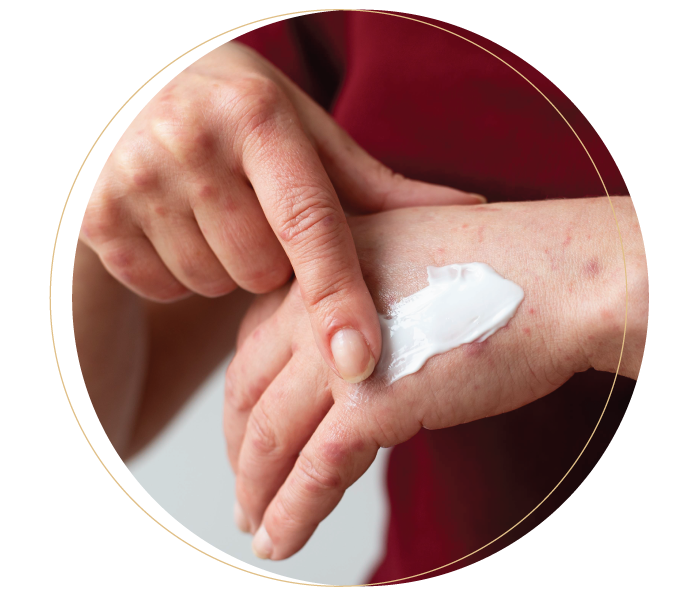
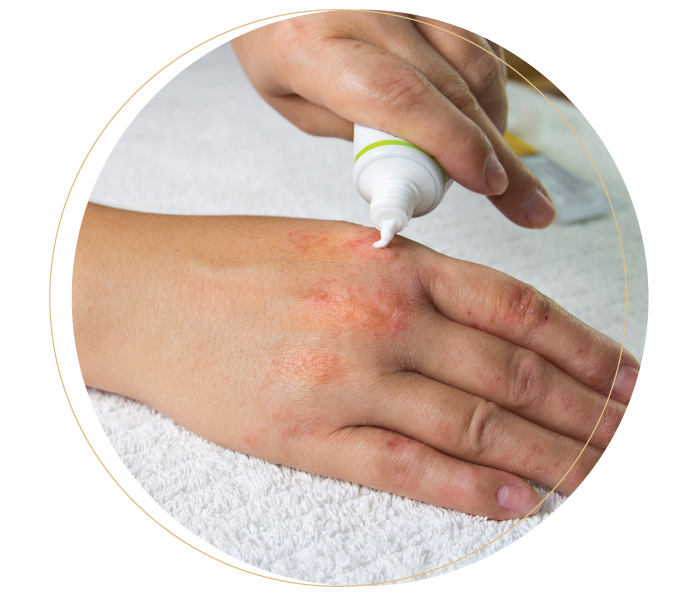
Topical Calcineurin Inhibitors
Topical calcineurin inhibitors are creams or ointments that do NOT contain steroids. They are the preferred treatment choice if you need to use topical steroids regularly to manage long-term eczema.
This is because topical steroids are highly effective on thin skin and are often prescribed for areas such as the face, where they can be used as an alternative to other steroids. Additionally, they can be applied more frequently (if necessary).
Antihistamines
Antihistamines effectively reduce itchy rashes and erythema on the skin caused by histamine. Moreover, taking antihistamines at night can help relieve symptoms and improve sleep quality if the eczema is causing discomfort.
However, it is essential to note that sedating antihistamines may affect your ability to drive or work the following day, so it is necessary to be cautious when taking this medication.
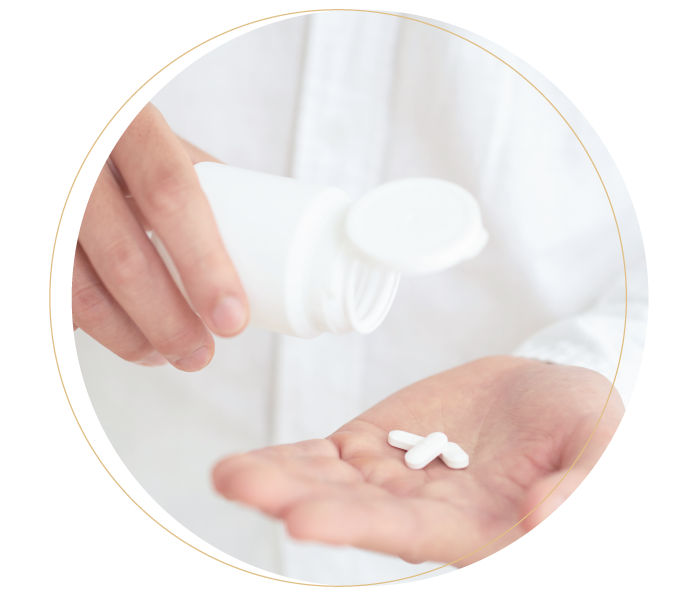

Systemic Medications
For more severe cases of eczema, oral or injectable medications may be needed. These systemic medications, including oral corticosteroids or immunosuppressants, are prescribed by our doctors under careful medical supervision to control symptoms and manage the condition effectively.
Medicated Shampoos
Medicated shampoos effectively alleviate seborrheic eczema (dermatitis) symptoms on the scalp, commonly known as dandruff. These shampoos contain active ingredients that work in two main ways.
Firstly, they help lift the seborrheic dermatitis scale from the scalp. Secondly, they provide an anti-fungal treatment to address the overgrowth of a yeast known as Malassezia, which contributes to the development of seborrheic dermatitis.
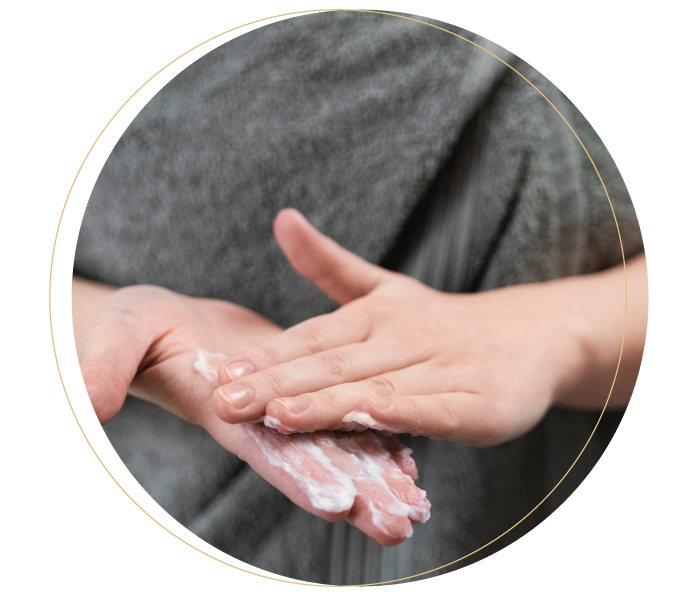

Detailed Management Plan
At Dr. K & Associates Clinic, our doctors recognise the significance of having a well-defined plan for managing eczema. It plays a vital role in guiding our patients on when and how they can use different treatments effectively.
During our consultation sessions, our doctors will assess your condition and carefully evaluate the advantages and disadvantages of various treatment options. This process allows them to create a personalised treatment plan tailored to your needs.
How Can Dr. K Help?
How Can Dr. K Help?
As a cure for eczema has not been developed, the primary goal of eczema treatment is to manage itchiness, promote skin healing, and prevent flare-ups or infections. Commonly used eczema treatments in Malaysia include:
Detailed Management Plan
At Dr. K & Associates Clinic, our doctors recognise the significance of having a well-defined plan for managing eczema. It plays a vital role in guiding our patients on when and how they can use different treatments effectively.
During our consultation sessions, our doctors will assess your condition and carefully evaluate the advantages and disadvantages of various treatment options. This process allows them to create a personalised treatment plan tailored to your needs.

Topical Medications
Oral Medications
Customised Supplements
Customised
Supplements
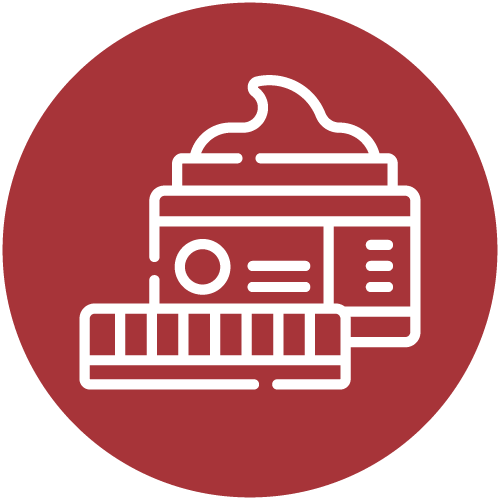
Quality Emollients Formulated for Eczema
Medicated Body Wash or Shampoos
Topical Medications
Oral Medications
Customised Supplements

Quality Emollients Formulated for Eczema
Medicated Body Wash or Shampoos

Meet Our Doctor
Dr Kimberly Yap Hae Mun
Founder and Medical Director

- Doctor of Medicine, M.D (Russia)
- Letter of Credentialing & Privileging (LCP) Board Certified
- Diploma of Aesthetic Medicine (USA)
- Diploma of Dermatology (Australia)
- Lifetime Member of Malaysia Medical Association (MMA)
- Member of the Academy of Family Physicians of Malaysia (AFPM)
- Member of PDEBM (Pertubuhan Doktor Estetik Berdaftar Malaysia)
Before and After Eczema Treatment
Client Testimonials
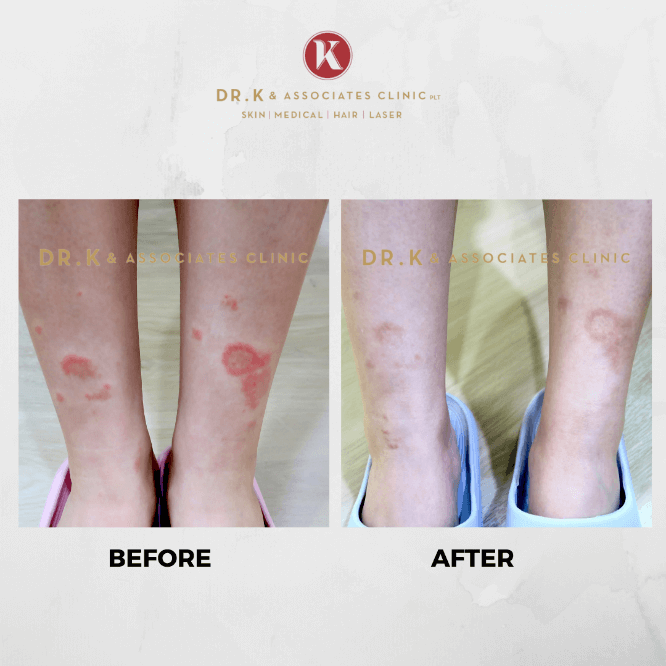
Fungal infection with Underlying Eczema
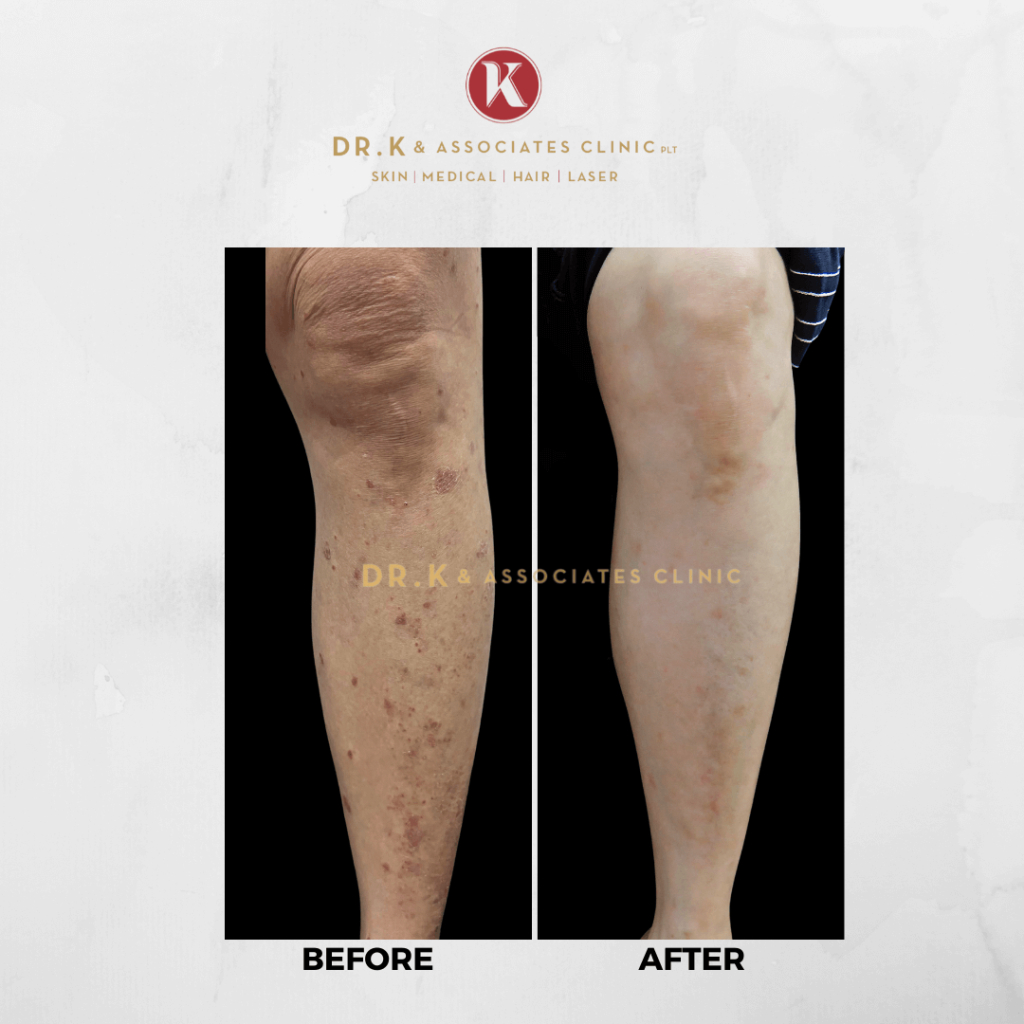
Leg Eczema
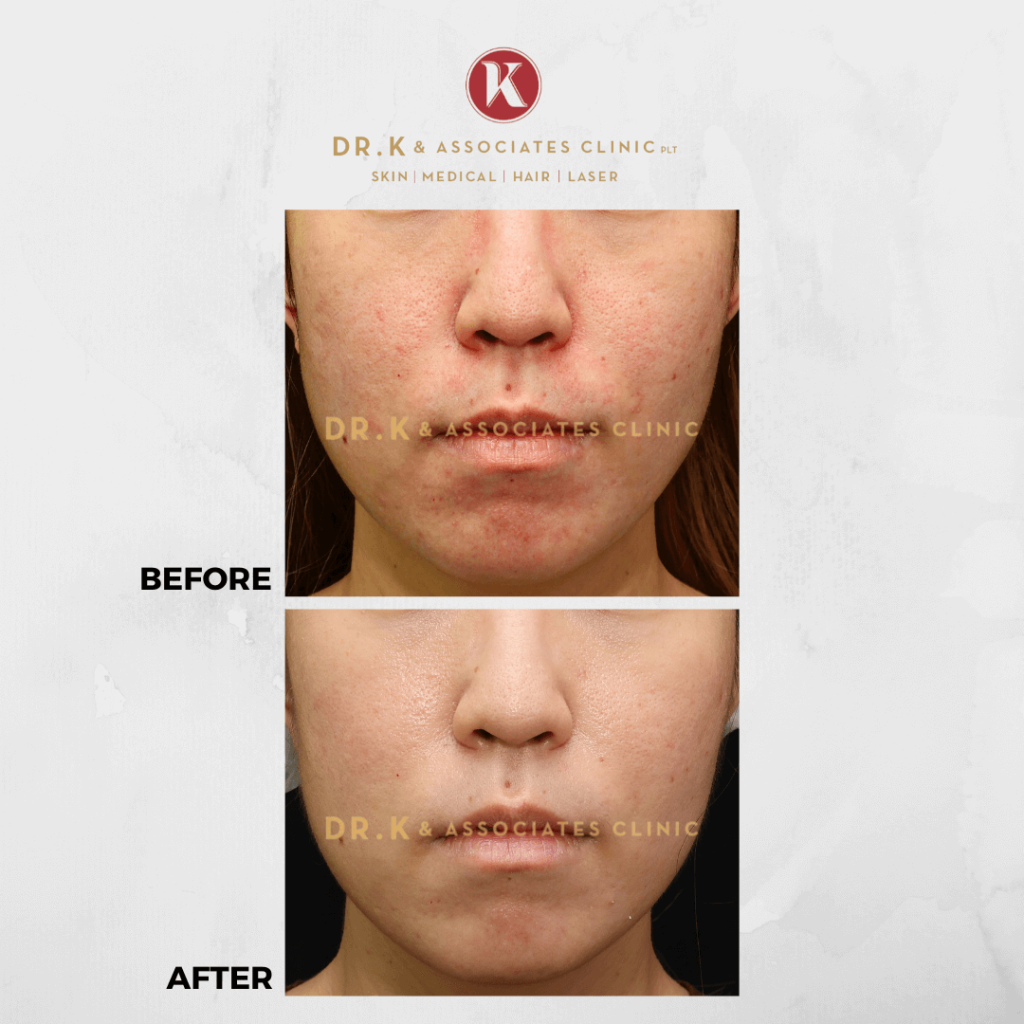
Atopic Eczema:
Irritant Induced
Frequently Asked Questions (FAQ)
Treatment is necessary to prevent eczema flare-ups, which can persist for weeks or longer when exposed to allergens. Chronic eczema can be lifelong, while acute eczema typically lasts a few weeks.
Certified dermatology practitioners can determine the type of eczema and prescribe appropriate medications to alleviate symptoms like itching and inflammation.
Our body temperature tends to decrease at night, leading to heightened skin itchiness, which may explain why eczema patients often experience flare-ups during night-time. Additionally, subconscious scratching during sleep can worsen eczema symptoms.
To alleviate night-time irritation, applying medicated creams and gels before bed can be effective. Opting for bed sheets and pillowcases made of 100% cotton can also help avoid triggering eczema flare-ups.
Patients with eczema often experience itchiness that leads to scratching. Frequent scratching releases inflammatory substances that contribute to the spread of a larger rash.
To prevent the spread of eczema, it is essential to identify the type of eczema and take appropriate measures. For contact dermatitis, avoiding contact with irritating substances is a simple solution.
However, the most effective way to prevent spreading is to resist the urge to scratch and promptly seek medical advice for eczema treatment options.
While eczema itself does not lead to scarring, excessive scratching can. Over-scratching can result in skin damage, bleeding, and the formation of scars. Patients with severe scarring may need laser treatment to improve their skin’s appearance.
Moreover, laser treatments have shown efficacy in relieving pain and itchiness associated with eczema. If you need help determining if laser treatments are right for you, our team of skin specialists can help.
About Dr. K & Associates Clinic
Dr. K & Associates Clinic is an LCP-credentialed medical aesthetic clinic offering the latest non-surgical aesthetic treatments in Bukit Jalil, Kuala Lumpur. Skilled in dermatological health and aesthetic medicine, our doctors are trained to provide patients with the highest standard of care in the most comfortable environment. We believe in using a holistic approach to health and empowering patients towards total wellness.
Why Choose Us
Board-certified professionals
We are led by our founder with over 10 years of experience in skin, aesthetics and general healthcare. Our consultations and treatments are conducted by MOH-recognised & LCP-certified doctors, ensuring the use of evidence-based medicine and therapies in our aesthetic clinic.

The highest standard of care
We put your safety first, every single time. Our competent attending doctors regularly participate in medical education and training, both locally and overseas. Thus, ensuring that your treatments are administered based on the latest findings on treatment therapies.
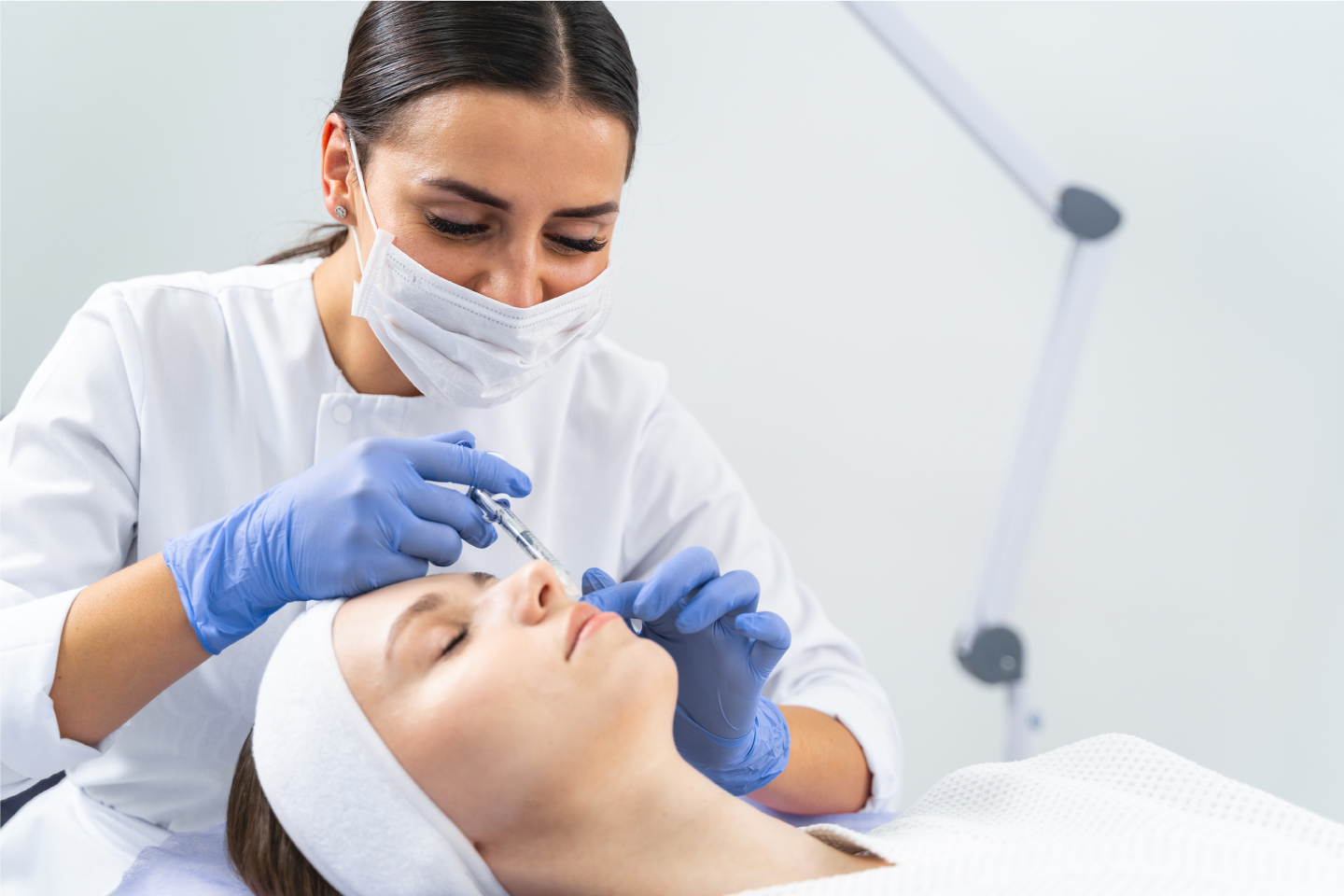
Women wellness and well-being
We believe in empowering women with the right medical knowledge and treatment. This is evident in our specialised focus on helping women enhance the aesthetics of their intimate areas. At Dr. K & Associates Clinic, we care for women’s wellness and health.

Cutting-edge technology & expertise
With the utmost concern and respect for your overall well-being, our aesthetic practitioners utilise the latest, most effective medical treatments, including health screening, anti-ageing and regenerative medicine.

